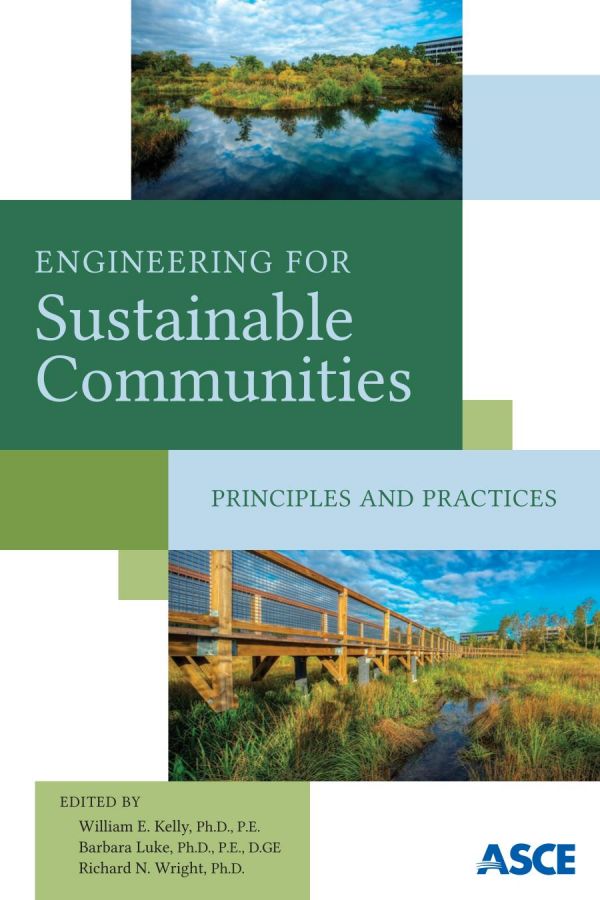

Most ebook files are in PDF format, so you can easily read them using various software such as Foxit Reader or directly on the Google Chrome browser.
Some ebook files are released by publishers in other formats such as .awz, .mobi, .epub, .fb2, etc. You may need to install specific software to read these formats on mobile/PC, such as Calibre.
Please read the tutorial at this link: https://ebookbell.com/faq
We offer FREE conversion to the popular formats you request; however, this may take some time. Therefore, right after payment, please email us, and we will try to provide the service as quickly as possible.
For some exceptional file formats or broken links (if any), please refrain from opening any disputes. Instead, email us first, and we will try to assist within a maximum of 6 hours.
EbookBell Team

5.0
18 reviewsSponsored by the Committee on Sustainability of the American Society of Civil Engineers
Engineering for Sustainable Communities: Principles and Practices is a comprehensive resource for sustainable engineering methods throughout the lifecycle of infrastructure projects and systems. As stewards of the nation's infrastructure, civil engineers are called to lead and advocate for sustainable design, programs, and development. This book provides the tools to support engineers in this effort.
Drawing on the expertise of more than 40 authors, this book is divided in to four topic areas. First, chapters define sustainability and give historical background on the roles played by civil engineers, infrastructure systems, and pioneering projects in making communities sustainable and resilient. Second, engineering principles and infrastructure-specific sustainable practices are examined in detail. Third, a collection of case studies focuses on sustainable engineering practices in real-world situations. These case studies cover buildings, transportation networks, water resources, urban development, and industrial facilities. Finally, the book includes additional resources, as well as looks at the positive and negative effects that infrastructure can have on sustainability.
This resource will be valuable to all practicing civil engineers, as well as engineering faculty and students interested in planning, design, construction, operation and maintenance of sustainable infrastructure projects and systems.